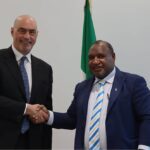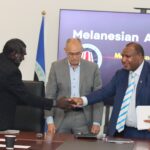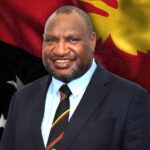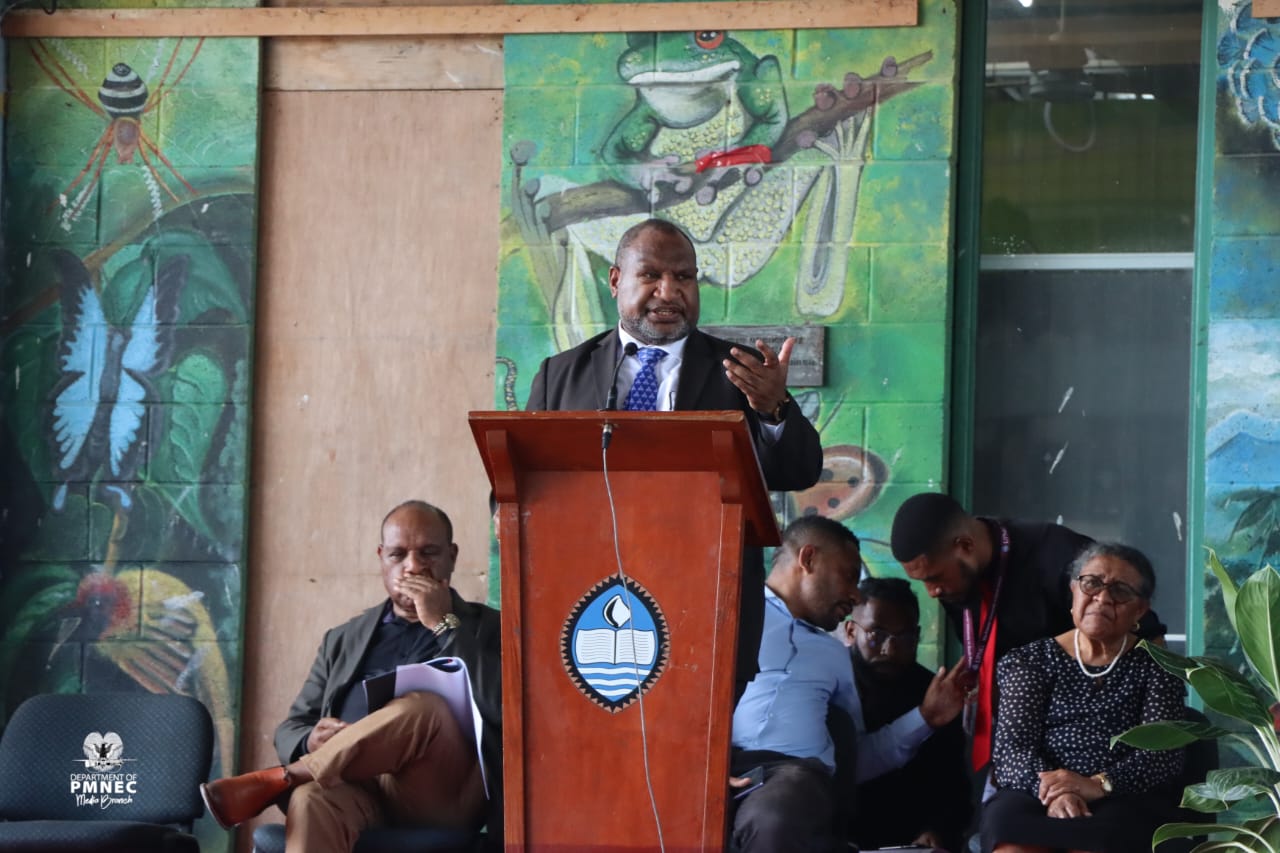Prime Minister Hon. James Marape has announced that he will respond to a University of PNG students’ petition on September 13, 2024, and not September 9, 2024, as initially scheduled. This is due to Prime Minister attending a significant meeting between Pope Francis and young people in Port Moresby, followed by a farewell to the Pontiff.
On Friday, August 30, 2024, the Prime Minister received the students’ petition and committed to providing a formal response by September 9. However, due to his commitments with the Pope’s visit, Prime Minister Marape has rescheduled his meeting with the UPNG Students’ Representative Council (SRC) and students to Friday, September 13, 2024.
“Due to the Pope’s meeting with Catholic youths of Port Moresby, and the fact that I will later be seeing the Pope off at the airport, I’m asking the UPNG Students’ Representative Council that we defer the reply to their petition to Friday, September 13,” Prime Minister Marape stated.
The Prime Minister confirmed that a formal letter has been sent to both the UPNG SRC and the UPNG Council informing them of the change. He emphasised the importance of addressing the students’ concerns thoroughly and said he intends to involve Chief Secretary Ivan Pomaleu in the upcoming meeting to provide detailed explanations on key national issues.
“The students’ petition concerns matters of national importance, so I intend to bring Chief Secretary Ivan Pomaleu with me to explain to the students where exactly the country is in regards to the economy, inflation, and other relevant issues,” said Prime Minister Marape.
He commended the students for their professionalism and maturity in the manner in which they submitted the petition. “We recognise students as an important voice of society, and there must be a proper response to their petition. I once again commend the UPNG students for the maturity in which they gave the petition to me at the end of last month.”
The petition, submitted by UPNG students in August, addresses several pressing national issues, including concerns about foreign exchange, inflation, law and order, and education scholarship programmes.







